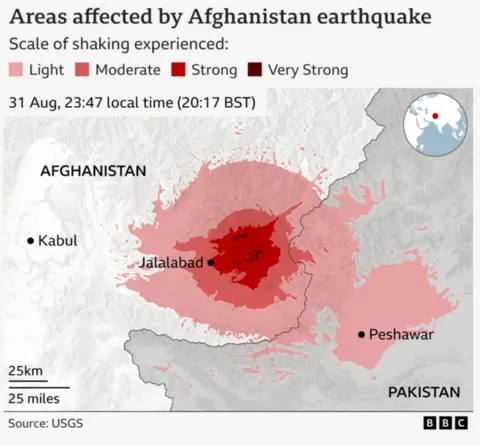Blackened by soot, the gutted and derelict remains of South Africa's infamous Usindiso building in central Johannesburg serve as a haunting reminder of the 76 lives lost in a devastating fire two years ago. Once an office block, this 1950s structure became a refuge for hundreds of individuals seeking shelter.
Vusi Tshabalala, one of the survivors, recalls the night of the fire with disbelief. 'The fire seemed to come out of nowhere,' he reflects, recounting how he and his companions narrowly escaped by covering themselves with wet blankets.
The national tragedy shook the country, drawing attention to severe housing inequalities in Africa's wealthiest city. However, two years later, many survivors like Tshabalala remain in limbo, still searching for permanent homes.
Following the fire, Tshabalala was relocated multiple times but ultimately returned to the area due to job shortages elsewhere. He now resides in a makeshift settlement called Emaxhoseni, erected just steps away from the site of the fire. Although he finds work on a nearby construction site, living conditions are less than ideal.
'The street is filthy and the drainage is poor,' he explains, emphasizing the difficult challenges facing the community. Residents have voiced their frustrations over the government's lack of support since the fire, feeling abandoned by the very authorities who promised aid.
Thobeka Biyela, another survivor, describes the daily struggles at a temporary camp in Denver, where she lives with a constant threat of violence. Shot earlier this year during a time of unrest, Biyela fears for her and her daughter's safety in the overcrowded camp, where she lacks access to adequate facilities.
The city of Johannesburg has been slow to act, despite the clear needs of its vulnerable populations. 'If the government had relocated us after six months as they promised, maybe I wouldn't blame them,' Biyela states, highlighting the deepening frustrations of those affected by the fire.
The aftermath of the Usindiso fire continues to resonate, serving as a tragic indicator of Johannesburg's housing crisis and the desperate need for action to secure the safety and wellbeing of its most vulnerable residents.





















